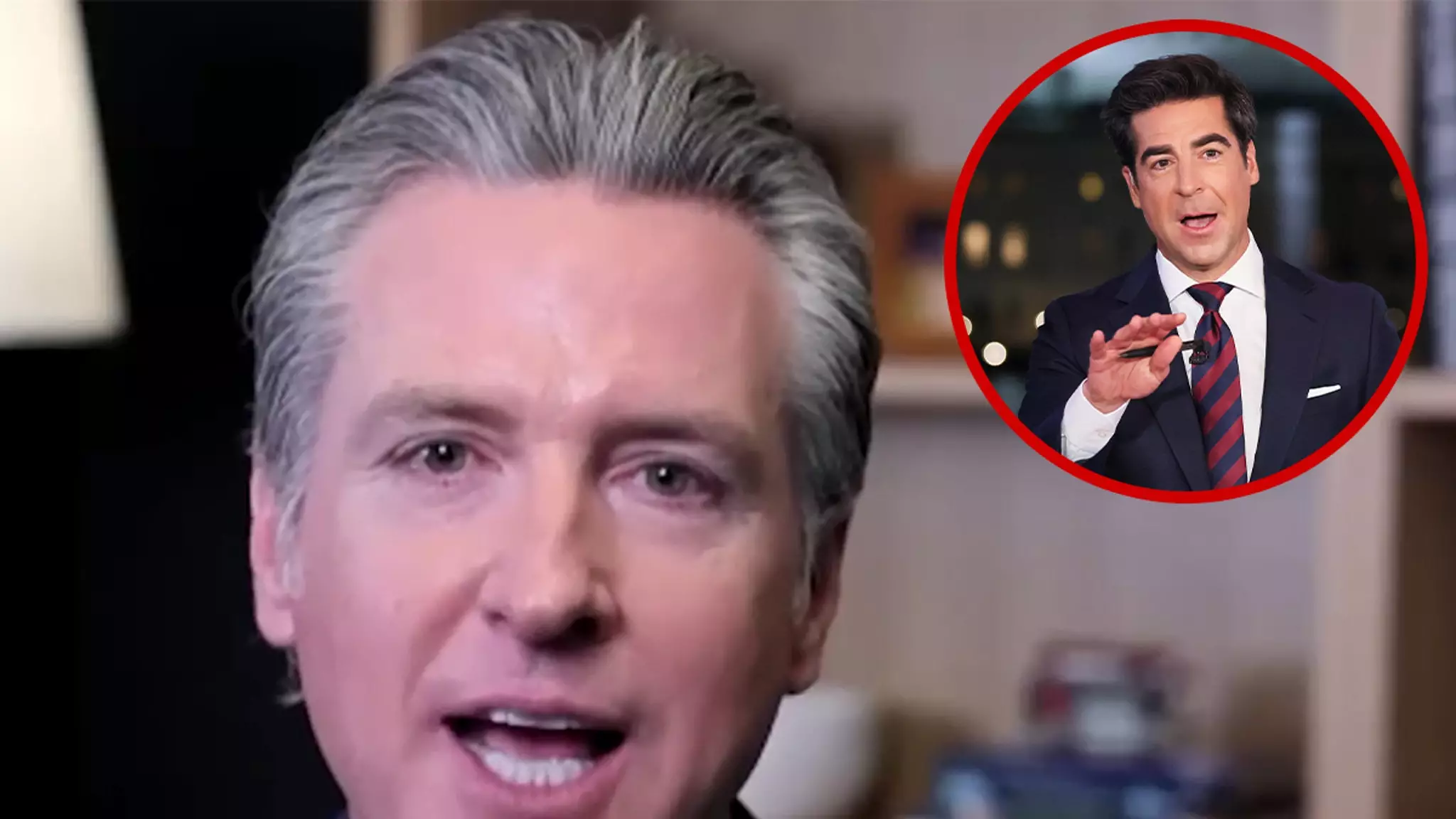The escalating conflict between California Governor Gavin Newsom and Fox News highlights a crucial moment where media accountability clashes head-on with freedom of speech debates. Newsom’s decision to file a defamation lawsuit against Fox is less about paperwork and more a deliberate stand against what he calls a “propaganda network” that perpetuates misleading narratives. Unlike typical lawsuits driven solely by legal merits, Newsom’s action is clearly fueled by frustration over misinformation and a desire to reclaim control over his public image, echoing broader societal concerns about the erosion of truth in mainstream media.
The Stakes Beyond Personal Vindication
While some might dismiss this lawsuit as a mere celebrity scuffle, it resonates deeper within the fabric of modern journalism and political discourse. Fox News, having recently settled for $787 million with Dominion Voting Systems over false claims, faces another major legal challenge that risks exposing systemic problems in editorial practices and oversight. Newsom’s case—targeting a sensational segment aired by Jesse Watters accusing the Governor of dishonesty—exemplifies how media outlets now frequently blend opinion with fact in ways that blur the line and fuel partisan divides. This lawsuit is not just about clearing Newsom’s name; it strikes at how trust in media institutions is deteriorating because of such reckless coverage.
A Tactical Legal Play or Genuine Demand for Standards?
Governor Newsom’s offer to drop the lawsuit in exchange for a public apology invites reflection on the power dynamics between public figures and news outlets. It’s unusual for a plaintiff to give the defendant such a direct chance to remediate outside the courtroom, suggesting Newsom’s primary goal may be to publicly expose Fox News’s editorial tactics rather than pursue an extended legal battle. However, the network’s dismissive response branding the lawsuit a “publicity stunt” designed to suppress critical speech reveals a predictable defensive posture that favors sensationalism over sincere accountability. Whether this case eventually settles or goes to trial, it serves as a lightning rod for discussions about the responsibilities media entities owe to truthful reporting.
Reckoning With Media Ethics in the Information Age
This legal tangle between a powerful politician and a major news outlet underscores an uncomfortable reality: the battle over facts isn’t confined to social media or political rallies but plays out vividly in courtrooms. Newsom’s lawsuit is emblematic of a larger cultural reckoning demanding that media companies face consequences when they knowingly broadcast deceptive or manipulated content. While defenders of free speech may view any such lawsuit as a threat to journalistic freedom, unchecked misinformation undermines democracy by shaping public opinion through distortion. The stakes are high, and the ongoing clash epitomizes the challenge of balancing vibrant discourse with truthfulness in today’s hyper-partisan media landscape.

